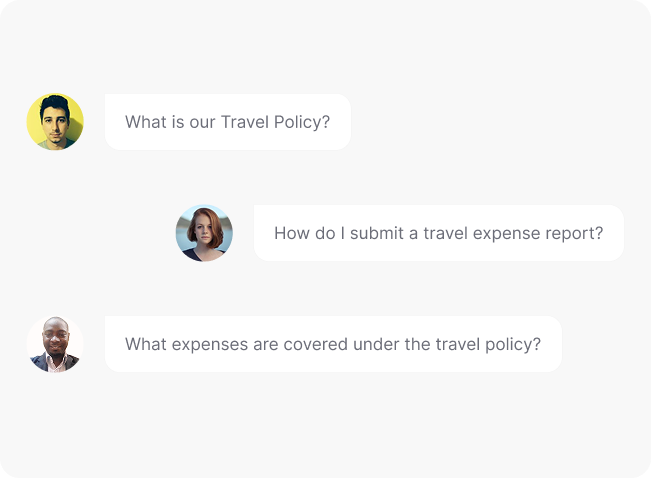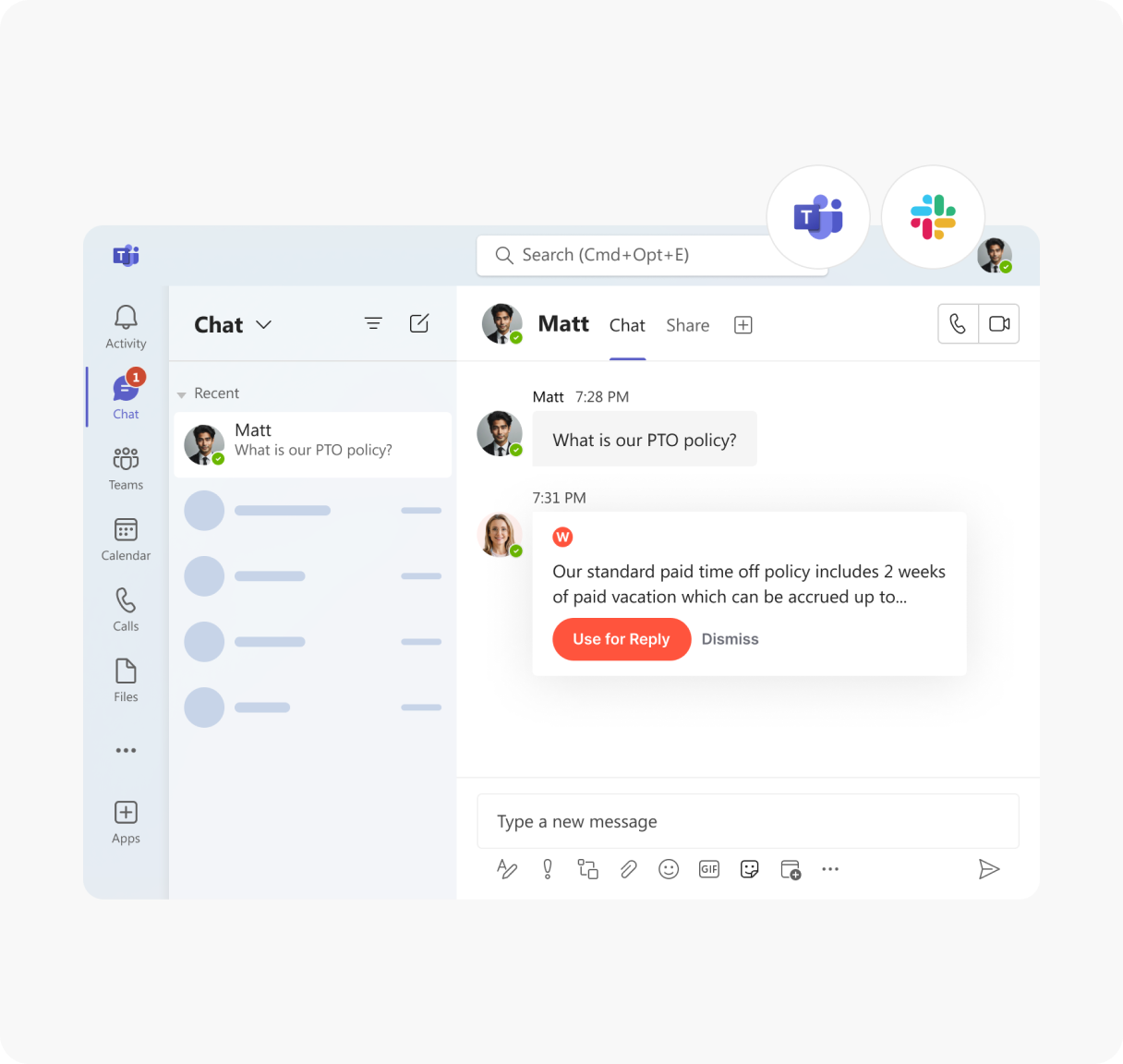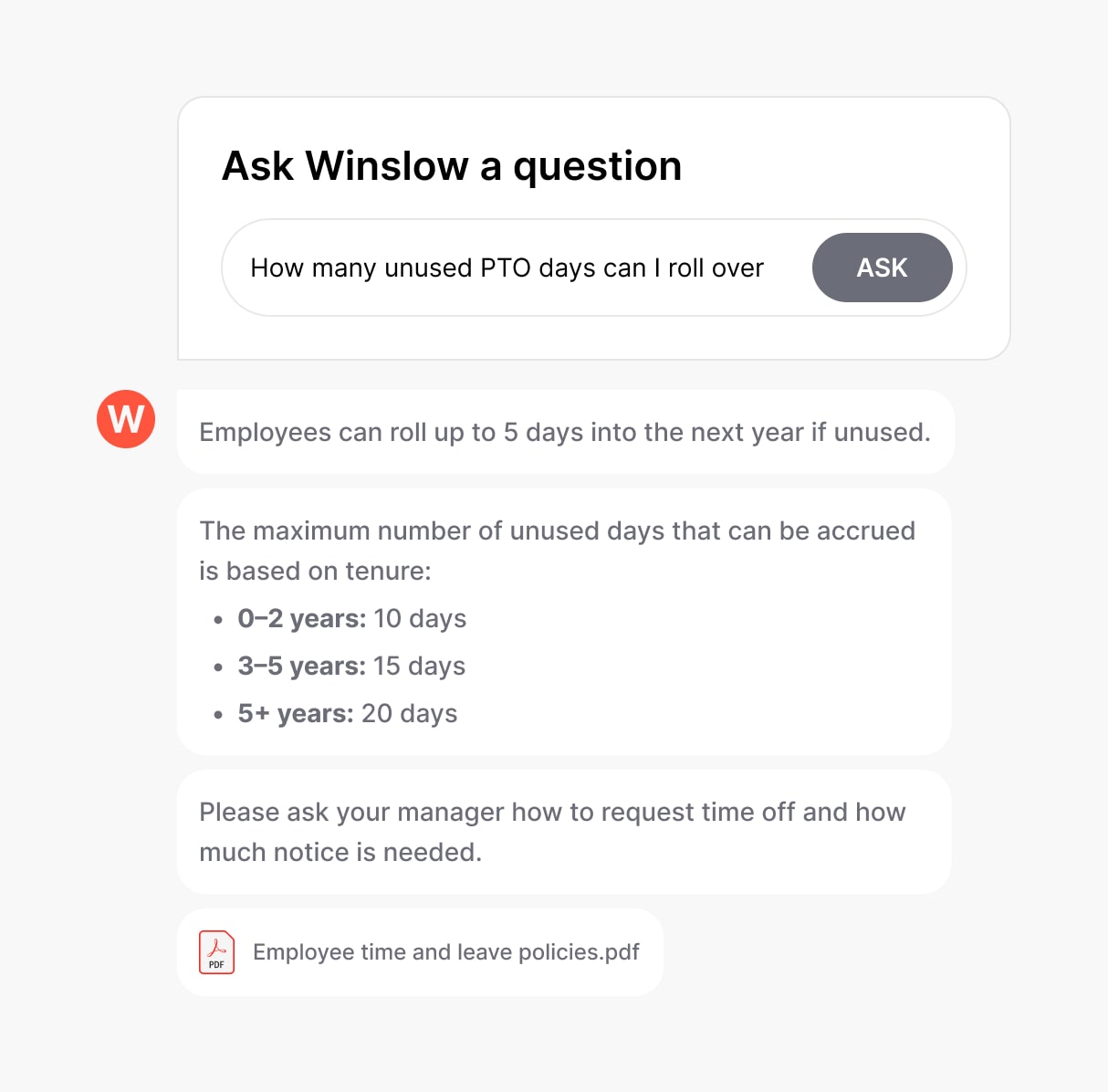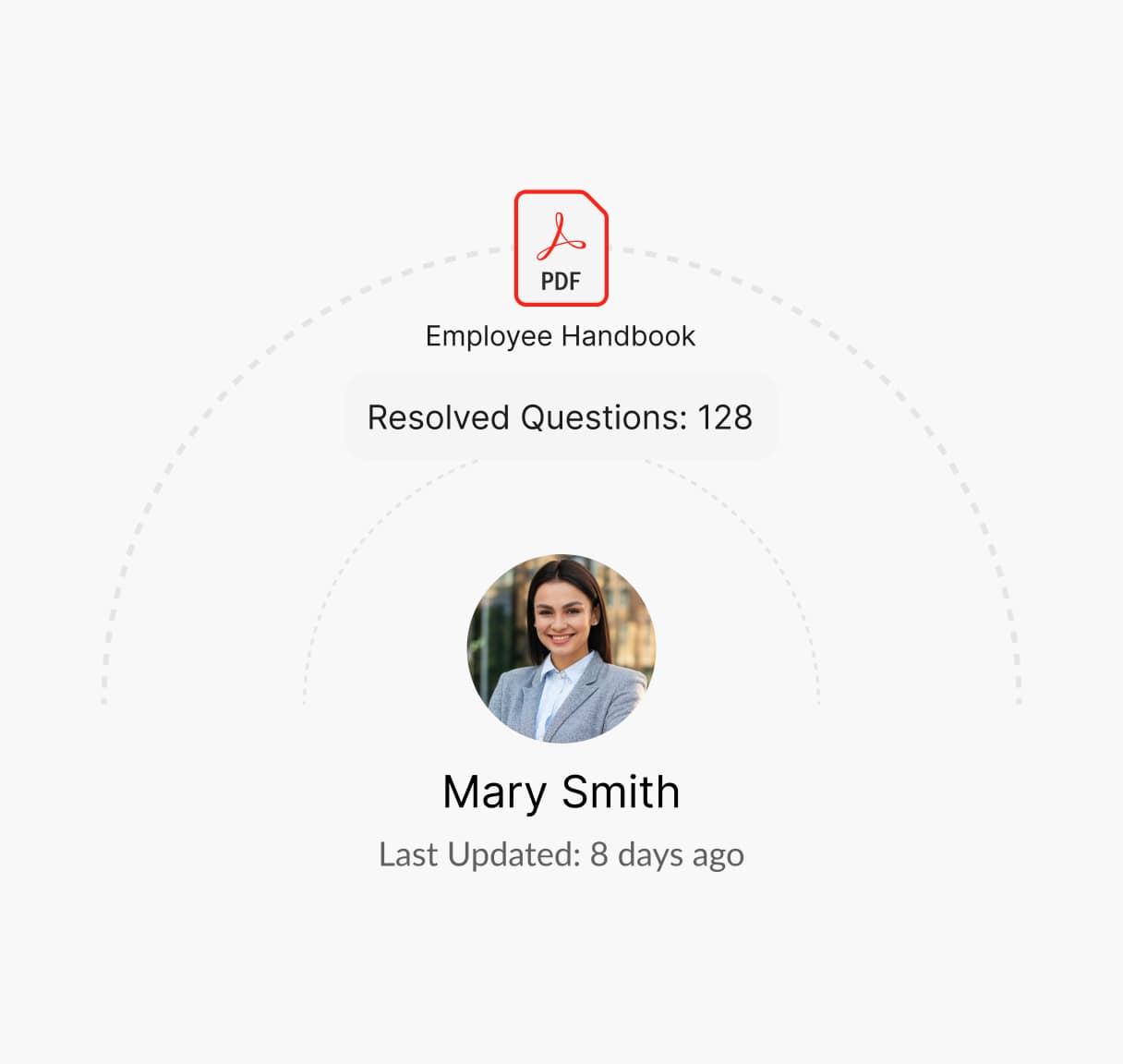Everything You Need to Know About Travel Policy
A well-defined travel policy is essential for managing and controlling business travel expenses while ensuring employees are equipped with the guidelines they need to travel safely and effectively. It outlines company expectations, travel booking procedures, reimbursement protocols, and the responsibilities of both the employer and employee during business trips.

What is a Travel Policy?
A travel policy establishes the rules and procedures that employees must follow when traveling for business purposes. It covers travel booking, accommodation, meal expenses, transportation, safety protocols, and reimbursement processes. The policy aims to standardize travel practices across the organization, ensuring fairness, cost efficiency, and employee safety. It also aligns business objectives with travel expenditures, providing clarity on what’s covered and what’s not.
Guidelines for Creating a Travel Policy
To create a comprehensive and effective travel policy, it’s essential to focus on clear guidelines that support employees while keeping the company’s budget and operations in mind. Here’s how you can develop a policy that meets the needs of your team and organization:
Clarify Travel Booking Procedures
Specify how and when travel arrangements should be made. Decide whether employees need to book travel through a company portal, preferred vendors, or third-party services. Include guidelines on booking airfare, hotels, and rental cars.
Set Expense Limits
Define the limits for travel-related expenses, including daily allowances for meals, lodging, and transportation. Ensure that these limits are reasonable, considering the destination and the type of travel.
Include Safety and Security Protocols
Highlight the importance of employee safety during travel. Include guidelines for travel insurance, emergency procedures, and preferred safety practices, such as staying in certain areas or using specific transportation methods.
Outline Reimbursement Procedures
Establish the process for submitting travel expenses for reimbursement. Define what is eligible for reimbursement (e.g., transportation, meals, accommodations) and the documentation required, such as receipts or mileage logs.
Encourage Sustainable Travel Options
Promote environmentally responsible travel by encouraging the use of public transport, ride-sharing, or other sustainable travel methods. Include considerations for carbon offset programs or other eco-friendly initiatives.
Ensure Clear Communication and Support
Make it easy for employees to access the travel policy and ask questions regarding their trips. Offer support for exceptions or special circumstances, such as medical or family emergencies.
What is Covered in a Travel Policy?
An effective Travel Policy should include the following
Travel Booking and Approval
Provide clear steps for how employees should request approval for business travel, including the submission of a travel request form or prior approval from management.
Travel Expenses
List the types of expenses that will be covered (e.g., transportation, lodging, meals, conference fees) and the reimbursement limits for each. Include guidelines on tips, alcohol, and non-essential expenses.
Per Diem Allowances
Provide a daily allowance (per diem) for meals and incidental expenses. This amount varies depending on location (e.g., higher for large cities or international destinations) and should be aligned with IRS guidelines for per diem rates to ensure tax compliance.
Travel Safety
Address employee safety during business trips, including emergency contacts, travel insurance details, and any protocols to follow during emergencies (e.g., natural disasters or political unrest).
International Travel Considerations
Address specific policies for international business travel, including travel insurance, foreign exchange expenses, visa requirements, and vaccinations. This section ensures employees are fully prepared for international assignments.
Accommodation Guidelines
Specify the standards for accommodation, such as booking hotels within a particular price range or using corporate discount programs. Address the policy for staying with relatives or friends during business trips.
Meals and Entertainment
Clarify which meals and entertainment expenses are reimbursable and under what conditions. Include guidelines for client meals, alcohol, and entertainment during business trips.
Travel Documentation and Reporting
Ensure employees understand the required documentation for travel reimbursement, such as detailed receipts, expense reports, and approval forms.
Need help creating a Travel Policy?
How Winslow Helps HR Teams Save Time on Responding to Travel Policy-Related Queries Effectively
Winslow, your AI-powered HR assistant, helps streamline the management of your travel policy, ensuring employees follow the correct procedures while saving time for your HR team:

Instant answers anytime
Employees can quickly access the travel policy, check for expense limits, and understand booking guidelines through Slack, Teams, or email, ensuring they are always informed before their trip.
Personalized Support
Winslow offers instant, AI-powered answers to all HR questions, including those about your Travel Policy, ensuring clarity on reimbursements, approvals, and company guidelines.


Analytics and Insights
Winslow tracks policy-related queries, helping you identify trends and areas where your policy might need improvement.
Resolve Travel Concerns Faster with Winslow
Ensure that all travel-related questions and concerns are addressed quickly, giving your HR team the tools to resolve issues efficiently and reduce the time spent on policy clarifications.
Frequently asked questions
Have further questions about Winslow, contact us at sales@usewinslow.com
How do we determine the per diem rates for employees?
Per diem rates can be based on IRS guidelines for the U.S. or government-established rates for international destinations. These rates should account for the cost of living in various locations and ensure employees have sufficient allowances for meals and incidentals.
Should the policy differentiate between domestic and international travel?
Yes, the travel policy should address differences in domestic and international travel, including visa requirements, currency exchange, vaccinations, travel insurance, and additional documentation. International travel often requires stricter approval and preparation processes.
What should the travel policy say about last-minute travel bookings?
The travel policy should outline guidelines for last-minute travel, including approval requirements and allowable cost increases. Specify how unforeseen travel needs will be accommodated while keeping costs in check.
Should we allow employees to use personal funds for travel and get reimbursed later?
While some companies allow this, others prefer centralized payment methods (e.g., corporate credit cards) to minimize out-of-pocket expenses for employees and streamline reimbursement processes. Clarify this in your policy.
What kind of documentation is required for expense reimbursement?
Employees should provide original receipts for all expenses, including transportation, meals, lodging, and incidentals. Define what constitutes valid documentation, such as itemized bills or digital receipts.
How do we ensure employees feel safe during travel?
Include guidelines for employee safety, such as booking accommodations in safe areas, using reputable transportation services, and providing emergency contact information. Address specific safety protocols for international travel.
Additional resources
Device Usage Policy
Managing employee leave effectively is vital for maintaining workforce productivity and compliance....
Learn moreconfidentiality policy
Protecting sensitive information is crucial. A clear Confidentiality Policy outlines guidelines for...
Learn moreclaim reimbursement
Ensuring fair compensation for expenses is key. A clear Claim Reimbursement Policy...
Learn more




